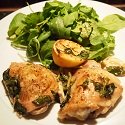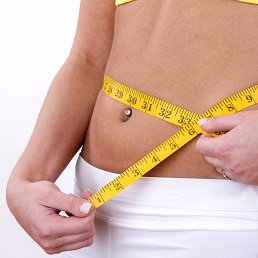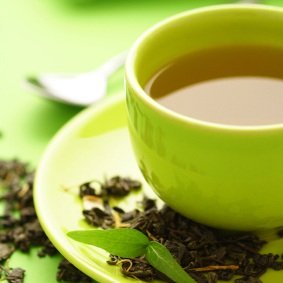Lose Weight
![]() Calories in Food
Calories in Food
![]() Calories in Dairy
Calories in Dairy
![]() Calories in Limburger Cheese
Calories in Limburger Cheese
Calories in Limburger Cheese, Limburger Cheese Nutrition Facts
How many calories in Limburger cheese? See below, the Limburger cheese calories for the different serving sizes. We provide you with Limburger nutrition facts and the health benefits of Limburger cheese to help you lose weight and eat a healthy diet.
Limburger cheese is a semi-soft cheese made from pasteurised cow’s milk. It originates from Europe, the Duchy of Limburg, which would now be situated in part of Belgium, Germany and the Netherlands. The rind covering the cheese should be removed before eating.
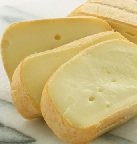
Limburger is high in fat, approx. 27g per 100g. It is also very high in sodium, so best avoided if on a weight loss diet. It does provide a good source of vitamins A, B1-B3, B5, B6, B12, D, E, K, calcium, potassium, phosphorus, selenium and zinc.
Limburger is great for our bones and teeth. Other Limburger cheese benefits may include protection against colon cancer given the presence of vitamin D3.
Compare calories in Limburger cheese with the other calories in cheese and dairy products.
Calories in Limburger Cheese
Refuse: 0%| Serving Size | Calories per Serving |
| 100 grams | 327 kcal (1368 kJ) |
| 1 cup, 134 grams | 438 kcal (1833 kJ) |
| 1 oz, 28.35 grams | 93 kcal (388 kJ) |
| 1 cubic inch, 18 grams | 59 kcal (246 kJ) |
| 1 box, 113 grams | 370 kcal (1546 kJ) |
| 1 package (8 oz), 227 grams | 742 kcal (3105 kJ) |
Limburger Cheese Nutritional Information
| Nutritional value per 100 g (3.5 oz) | |
|---|---|
| Proximates: | |
| Water | 48.42 g |
| Energy | 1368 kJ (327 kcal) |
| Carbohydrates | 0.49 g |
| Sugars | 0.49 g |
| Protein | 20.05 g |
| Total Fat: | 27.25 g |
| saturated fat | 16.746 g |
| monounsaturated fat | 8.606 g |
| polyunsaturated fat | 0.495 g |
| Cholesterol | 90 mg |
| Minerals: | |
| Calcium, Ca | 497 mg (50 %) |
| Iron, Fe | 0.13 mg (1 %) |
| Magnesium, Mg | 21 mg (5 %) |
| Phosphorus, P | 393 mg (39 %) |
| Potassium, K | 128 mg (3 %) |
| Zinc, Zn | 2.10 mg (14 %) |
| Copper, Cu | 0.021 mg (1 %) |
| Manganese, Mn | 0.038 mg (2 %) |
| Selenium, Se | 14.5 mcg (21 %) |
| Vitamins: | |
| Thiamine (Vit. B1) | 0.080 mg (5 %) |
| Riboflavin (Vit. B2) | 0.503 mg (30 %) |
| Niacin (Vit. B3) | 0.158 mg (0.8 %) |
| Pantothenic acid (B5) | 1.177 mg (12 %) |
| Vitamin B6 | 0.086 mg (4 %) |
| Folate (Vit. B9) | 58 mcg (15 %) |
| Vitamin B12 | 1.04 mcg (17 %) |
| Vitamin A | 1155 IU (23 %) |
| Vitamin E | 0.23 mg (1.2 %) |
| Vitamin D | 20 IU (5 %) |
| Vitamin K | 2.3 mcg (3 %) |
| Percentages are relative to US Recommended Daily Intake (RDI) for adults. | |
Author: Lana Soko
You Might Also Like:
Like This Page?
|
Share This Page:
|
Search Our Site:

Free E-Book:
We Recommend:
Looking to get your body into great shape? Get the very best results for your efforts and money! Save your valuable time from surfing the internet. These are theBestselling Weight Loss Programs
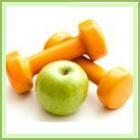
Programs that work and have thousands of satisfied customers worldwide!

 |
